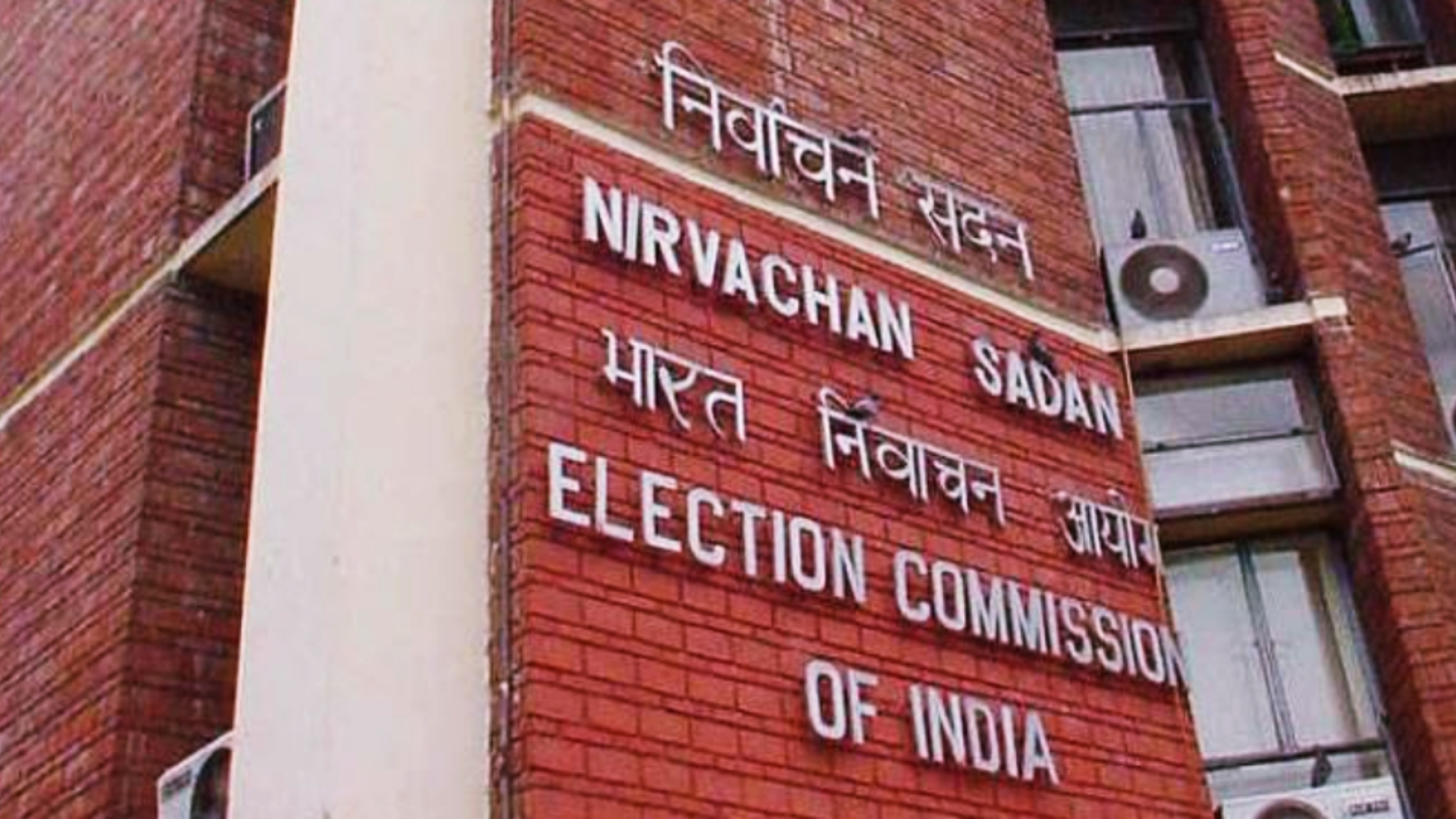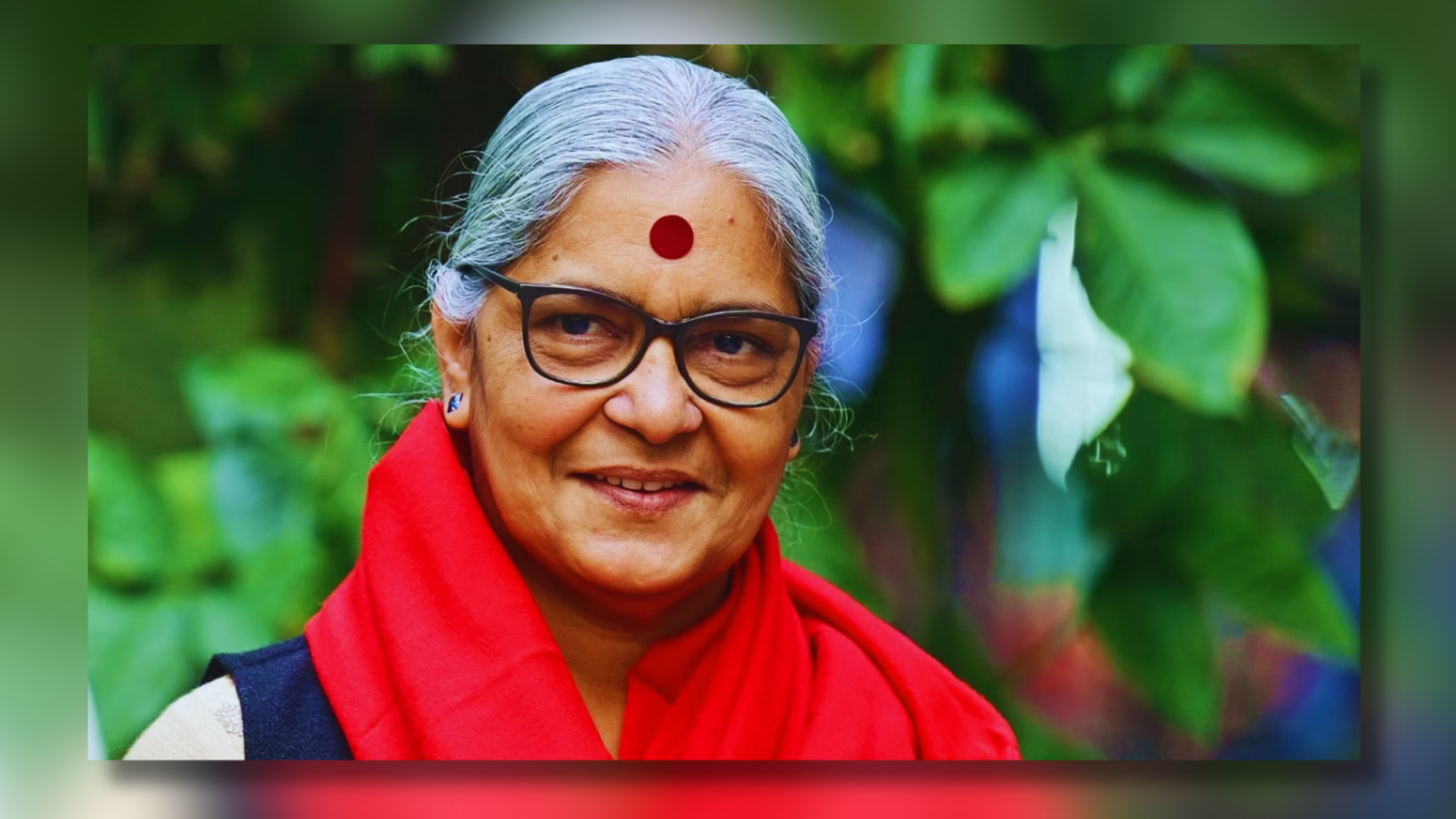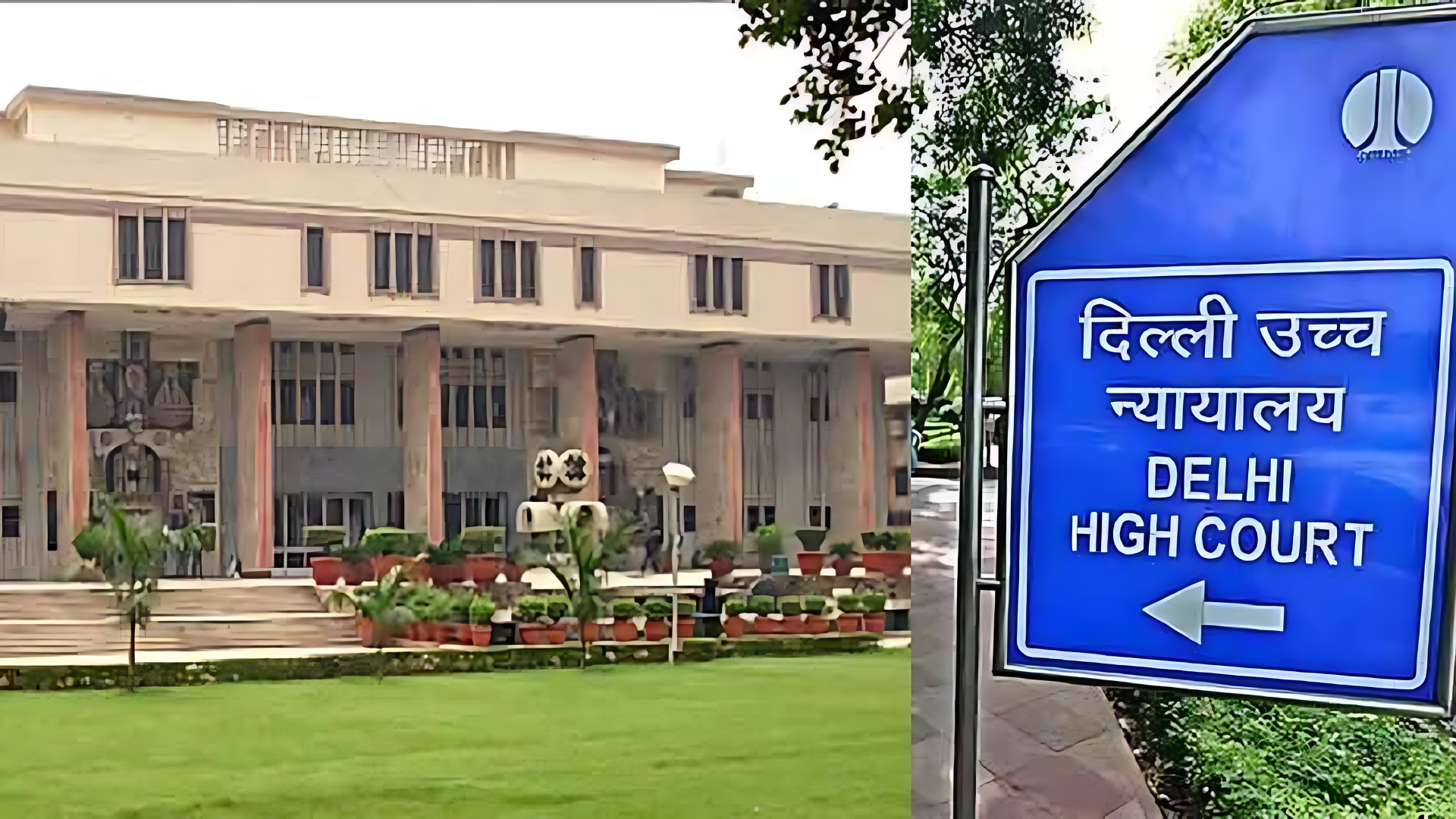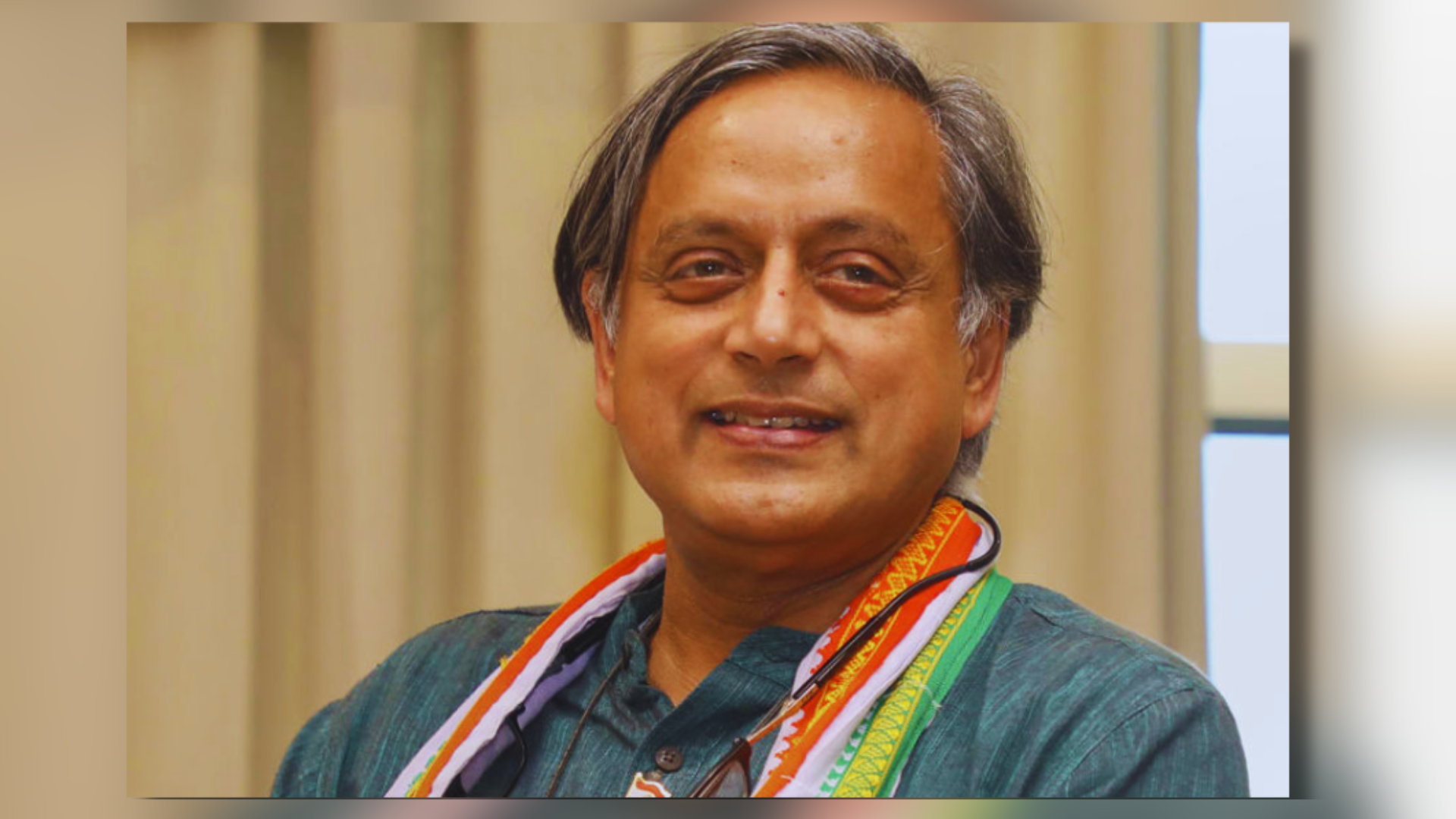


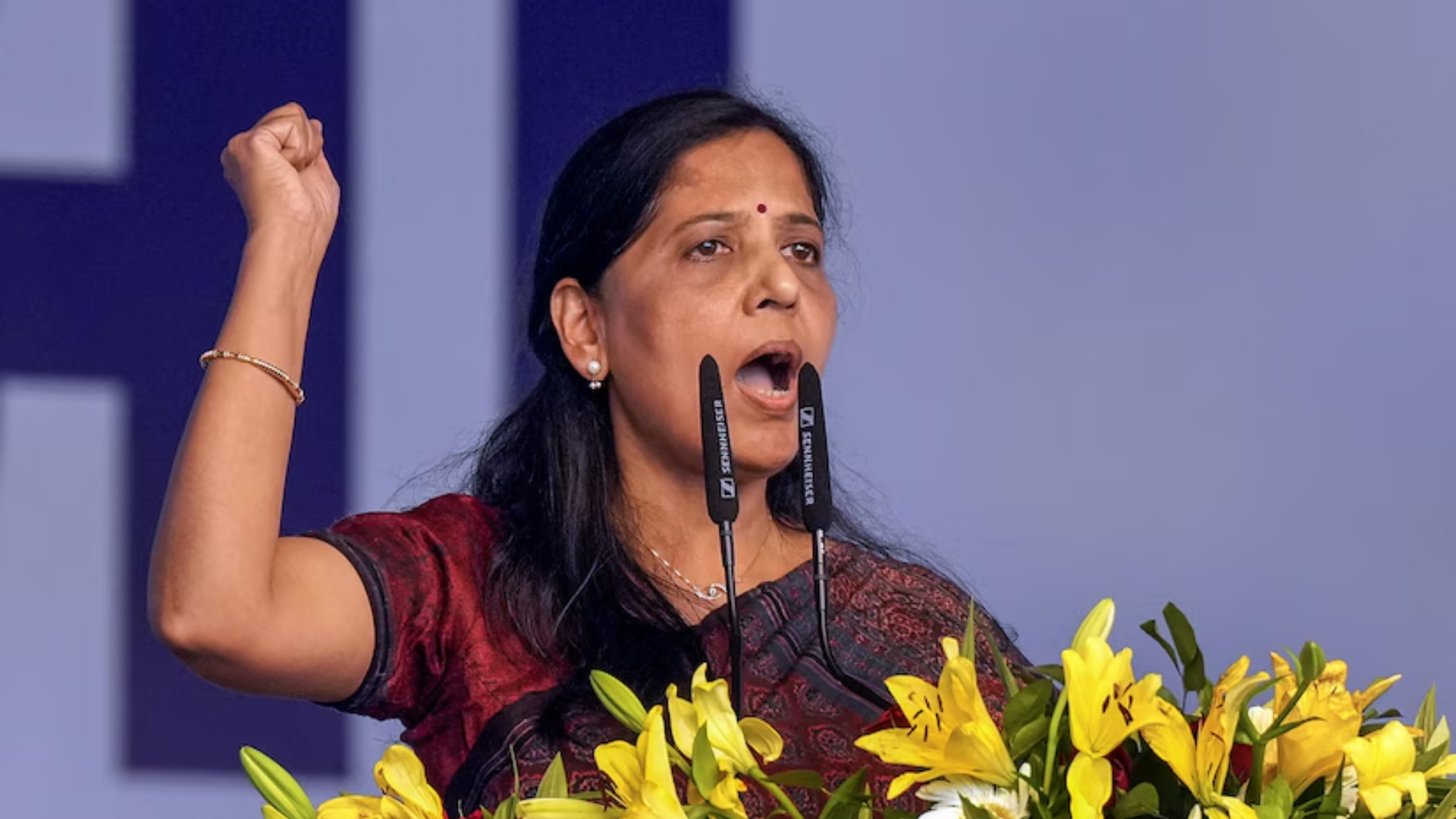

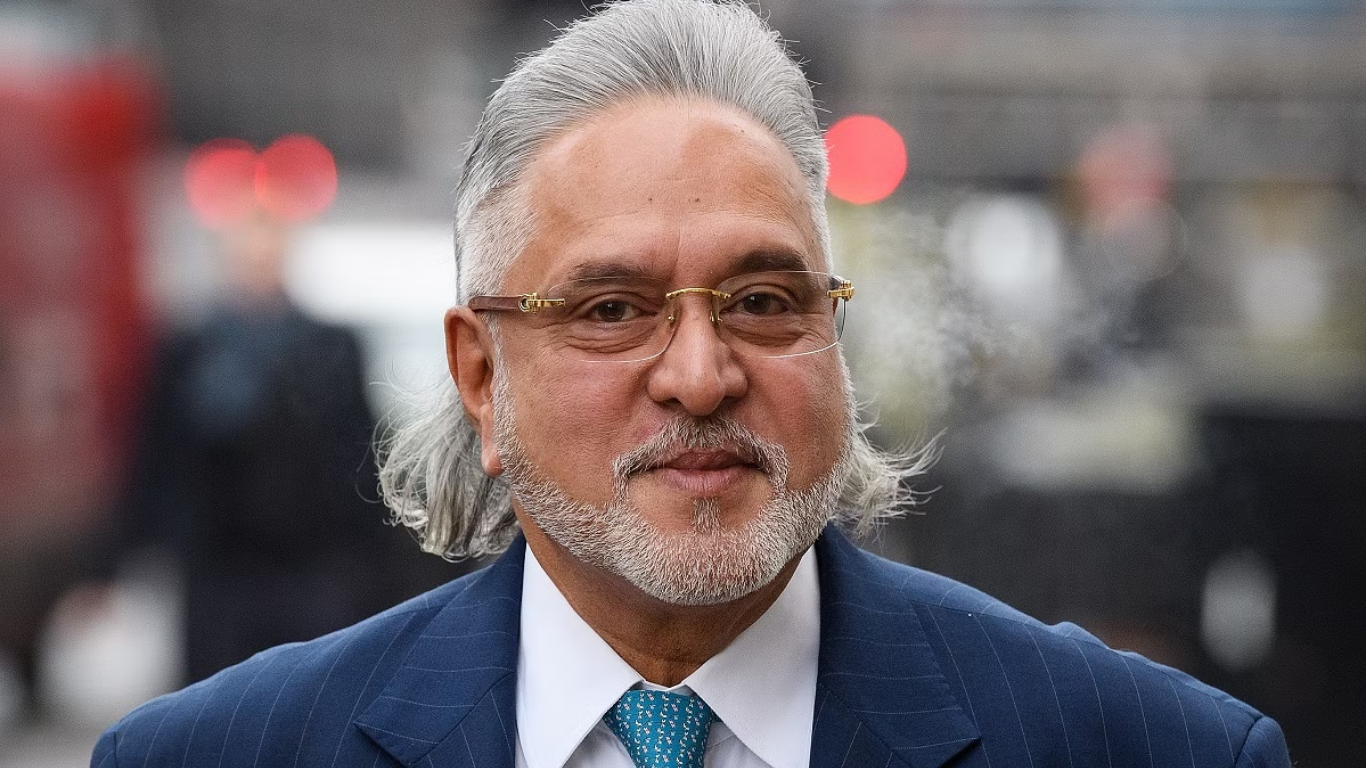

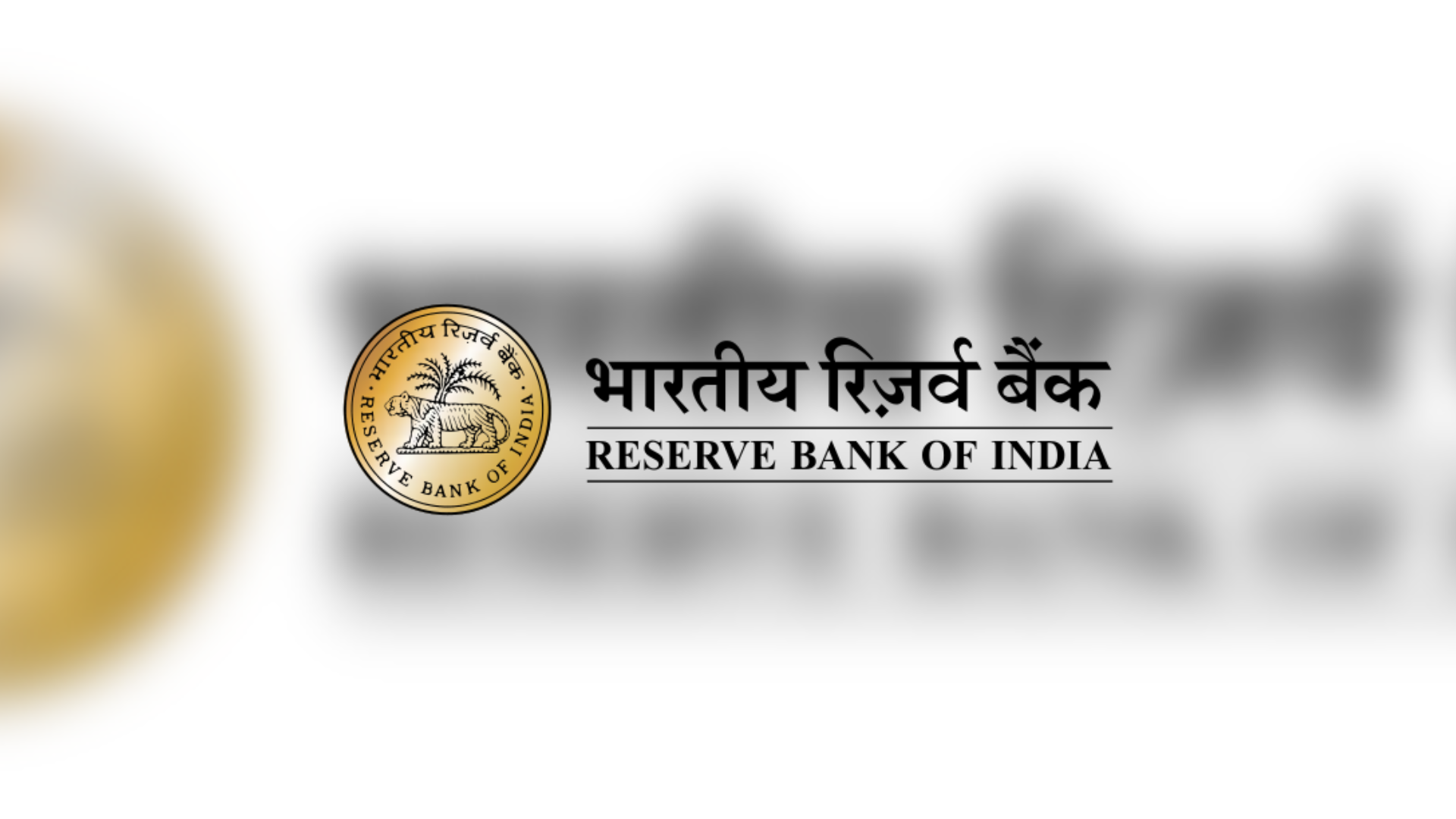
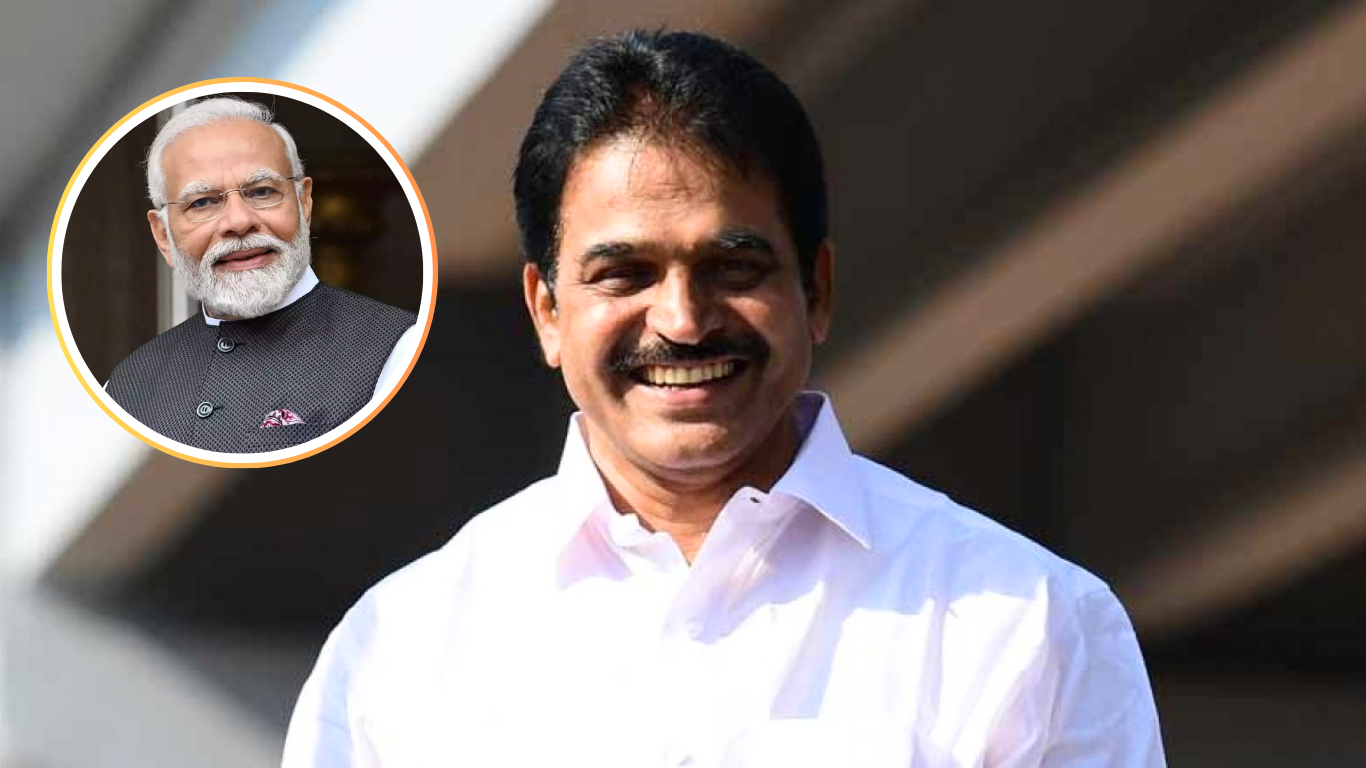
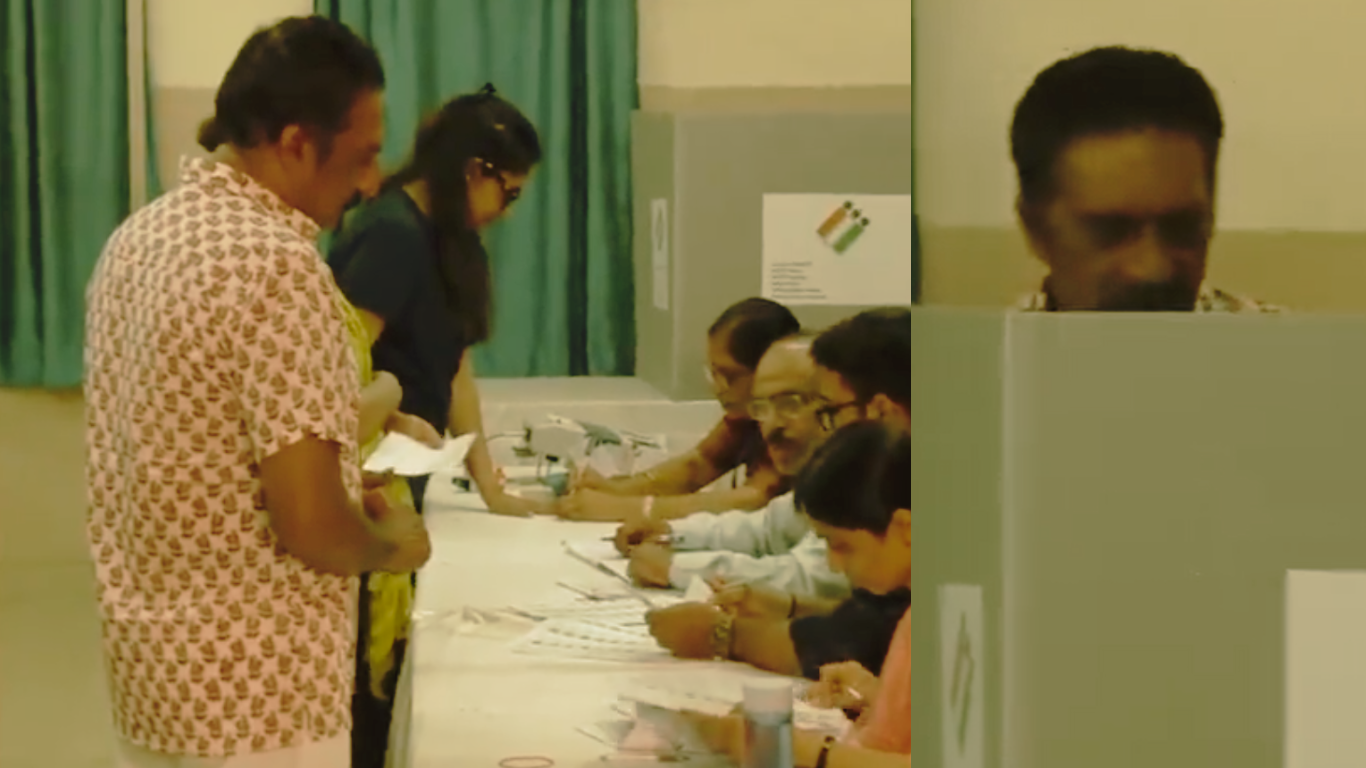
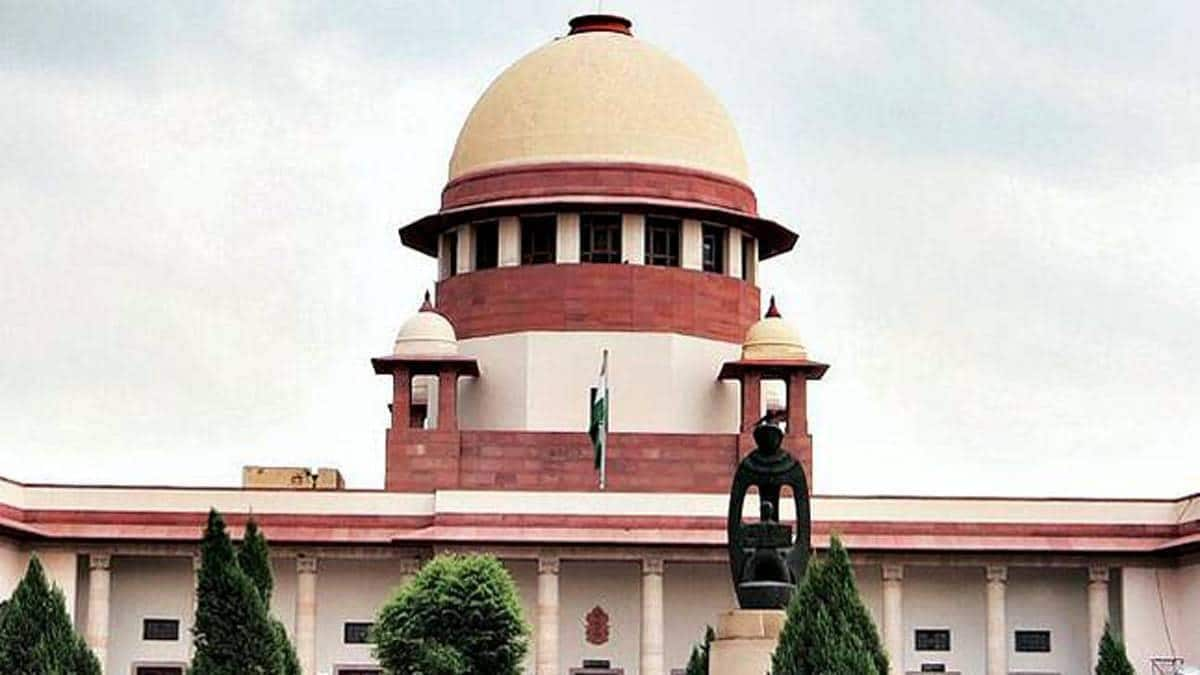
“Everyone in this country has the potential to be a minority. Outside of my home state of Maharashtra, I may be considered a minority. A Kannada speaker may also be in the minority in states other than Karnataka… “Everyone in this country can fit this description,” said Justice U.U. Lalit, who presided over a three-judge Bench.
The court was hearing a petition filed by a Mathura resident, Devkinandan Thakur, who complained that followers of Judaism, Bahaism, and Hinduism, who are the true minorities in Ladakh, Mizoram, Lakshadweep, Kashmir, Nagaland, Meghalaya, Arunachal Pradesh, Punjab, and Manipur, are unable to establish and administer educational institutions of their choice due to non-identification of’min
However, the court stated that under Articles 29 and 30 of the Constitution, a religious or linguistic community that is a minority in a particular State can inherently claim protection and the right to administer and run its own educational institutions.
The court questioned whether a specific notification declaring such non-dominant communities as a “minority” in the specific State was required at all.
The Bench asked this question in response to Mr. Thakur’s submissions that Hindus living in certain states were unable to exercise their rights under Articles 29 and 30 in the absence of a specific notification declaring them a minority.
“However, consider the linguistic minorities of Kerala and Kashmir. In the Punjab. Hindi speakers are in the minority. People who speak languages other than Hindi are also in the minority in Delhi. However, there is no official notification that these people are a minority in Delhi… Kannada and Tamil speakers constitute a minority in Maharashtra… “Has there been a notification?” S. Ravindra Bhat inquired.
‘Common perception’
Datar stated that the main concern was the “general perception” that because Hindus were in the majority, they could not claim minority status in states where they were “definitely a minority.”
Datar challenged Section 2(c) of the National Commission for Minorities (NCM) Act 1992, which gave the Centre “unbridled power” to notify minorities in defiance of the Supreme Court’s 11-judge Bench decision in the T.M.A Pai case, which stated that linguistic and religious minorities should be identified at the state level rather than the national level.
After two weeks, the case was scheduled for hearing.


